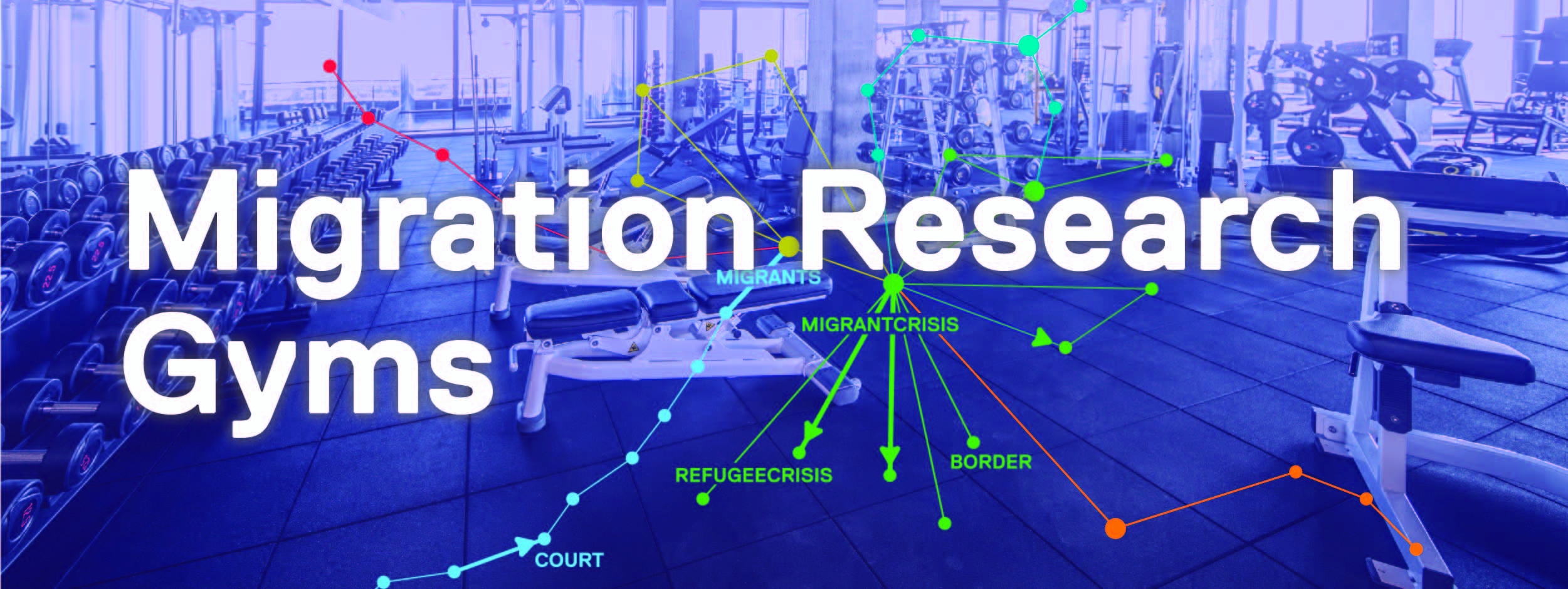Focus groups: Purposes & processes
- Date
- October 08, 2021
- Time
- 9:30 AM EDT - 12:30 PM EDT
- Location
- Online via Zoom

About the workshop:
Focus groups can be very useful to researchers for problem framing, idea generation, program evaluation, storytelling, decision-making, and data-analysis. In this workshop, you will learn about organizing and conducting focus groups, and examine their possibilities and limitations. You will be expected to engage in simulations and role-play, which we will collectively critique. You are encouraged to bring your research ideas to share with others so we can help you figure out if and how focus groups might fit into your plans.
In this workshop you will learn:
- What are the possibilities and limitations of using focus group discussions as a process for data collection?
- What are some specific ethical considerations for conducting focus group discussions?
- How do you recruit participants, select and set up the venue, and prepare for the discussion?
- How do you create an inclusive and respectful dialogue among the participants?
- How do you record, transcribe and analyze the data?
How this workshop will be delivered:
In this interactive workshop, participants will engage in seminar-style discussions and other learning activities, including simulations and role-play. Video recordings of simulations will be used for critique and feedback. Participants are encouraged to bring research ideas to share with others to plan how they may use focus group discussions for their own research projects.
9:30–10:25 AM – Introduction and interactive lecture
Interactive lecture and discussions supplemented by video and written materials on:
- Appropriate purposes / contexts for focus group discussions
- Recruitment, individual and institutional permissions
- Managing ethical considerations
- Selecting and setting up the site, preparing and using recording tools
- Creating an inclusive and respectful dialogue before, during, and after the discussion
- Transcribing and analyzing the data
10:30-11:50 AM – Group exercise
Working in groups of 6-8 persons, one person will lead a focus group discussion while others take on designated roles. For example, one individual may be asked to try to dominate the conversation, another to remain very quiet, yet another to take a combative stance etc. Depending on the number of participants enrolled, we may hold one or more such discussion(s). The discussions will be video recorded (by workshop assistants) and collectively reviewed by the whole group.
12-12:30 PM – Groups discussion and wrap-up
- Using pre-prepared transcripts of focus group discussions, we will analyze the data in small groups
- We will end with a short period of final questions and comments
About the workshop leader:
Mehrunnisa Ali is a professor in the School of Early Childhood Studies and teaches research design in three graduate programs at Ryerson University. Her research focuses on immigrant children, youth and families. She is currently leading a project to study the role of the family in migration through a coalition of research centres in Australia, Canada, China and India. Her recent work includes: a documentary film (available in English, French, and Arabic) on Syrian refugee children's memories (https://vimeo.com/542239178 (external link) ); the articles, Structures and Strategies for Social Integration: Privately Sponsored and Government Assisted Refugees (external link) and Documenting Syrian Refugee Children’s Memories: Methodological Insights and Further Questions (https://doi.org/10.1177/1609406920938958 (external link) ); and three chapters in the book, Putting Family First (2019) edited by H. Bauder, UBC Press. Her forthcoming books include Colonization of Immigrant Families, UBC Press, and an edited volume called Ethical Issues in Research with Refugee Children and Youth. Prior to her migration to Canada, she worked in Pakistan on designing and evaluating national projects on teacher education and girls’ education funded by World Bank, UNICEF, Asian Development Bank, Aga Khan Development Network and others.
All workshops are being offered free of charge. Our workshops are often oversubscribed and we maintain a waiting list. We ask that you please cancel your registration if you are no longer able to attend. We appreciate your understanding.